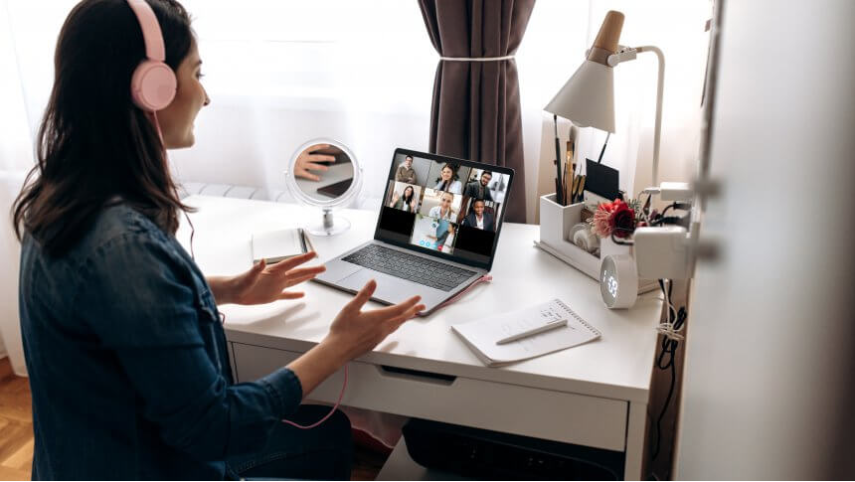Succeeding in the Young Enterprise competition is determined by the originality of the business. This has been our main objective all along: to come up with a unique idea and win the grand ‘Company of the Year’ award in the summer. From the very beginning, we understood that, to make this a reality, we would need money. In December, we set about doing this by embracing the holiday festivities by selling Christmas boxes, each one of which included: a Santa hat, two keychains, a mini Christmas tree, and four Christmas ornaments. By January 1st, we had sold twenty-four boxes and had a healthy sum of money in our bank account; money impatiently waiting to be spent on our new entrepreneurial idea!
We decided to sell tote bags: customisable in the ways of bag-material, colour, and/or patches. This seemed a great prospect for several reasons, like incredibly cheap wholesale price and great ease with respect to personalisation. We gathered, moreover, that it would be possible for us to advertise and sell at college: our ideal target market audience consisting mostly of students and teachers. However, we were, in effect, forced to stop pursuing this idea, as we learned that we would not go back to school in January. The team, thus, decided to put forward suggestions for business model ideas in order to make further progress. It has been patently obvious that making a profit in the standard fashion of selling physical products had been made vastly more difficult. As a consequence of our group-discussion, we landed on the idea of selling – and promoting through social media – tickets to lectures and Q&As via Zoom.
This idea appears perfect. Not only was it something that can easily be accessed from everyone’s own homes during lockdown, but also it is unique and fun. We decided to target students as our primary audience. This stemmed from the fact that, as students, we could easily relate to and understand the difficulties endured by teenagers during this pandemic. Hence, moulding an online platform based on the interests of students would be something that came naturally to us. Talks to entertain and educate teenagers during the pandemic would somewhat pacify the boredom that they all have been experiencing. We decided that topics would be very wide-ranging, in order to entice as many people as possible, all the way from careers advice, to presentations on sustainable living, and humanitarian campaigns.
Then we came to the decision regarding our company name. There was an endless list of suggestions: ZoomArts, Hey Education, ZoomInspire, Talkversity, Encourage Minds, Whizzdom… Finally, we felt that we are best identified as InspireTalk. The team was then split into those responsible for finding speakers, advertising the talks, monitoring payments and running social media accounts. Finding speakers is the central feat of the business as everything else stems from it. If there are no speakers, there is simply no InspireTalk! We have been diligently e-mailing, DMing on Instagram and pestering family and friends to find anyone who would be interested in presenting a talk. Initially, this seemed difficult. However, after our first speaker, InspireTalk had officially reached momentum. Advertising has been made more manageable thanks to the cooperation of the college. Brampton has played a major role in helping us promote our talks to students, and has cooperated to encourage students to support the business (special thanks go to Mike and Louise). Having accomplished the different methods of advertising, we reached our first obstacle: a sensible payment method. Two weeks were spent trying to figure out how we most efficiently electronically sell tickets. Then a team-member discovered that, as a Young Enterprise team, we may take advantage of the Young Enterprise trading station for this. Our website was completed using Wix – and InspireTalk became officially live on the internet!
InspireTalk, on the face of it, is used solely as a platform for people to get inspired by a plethora of topics. However, as we know, depression – notably – is at a high in our population due to lockdowns. Some people in our community have not even stepped out of their homes during these times; resultantly, these individuals are far more likely to have experienced depression. It has been proven, in countless studies, that positive social interactions will cause reductions in paranoia and depression, through an induction of a sense of belonging. InspireTalk, ergo, brings our community-members together to spark a sort of hope for the future: Covid-19-free!
By Jonah and Janset




